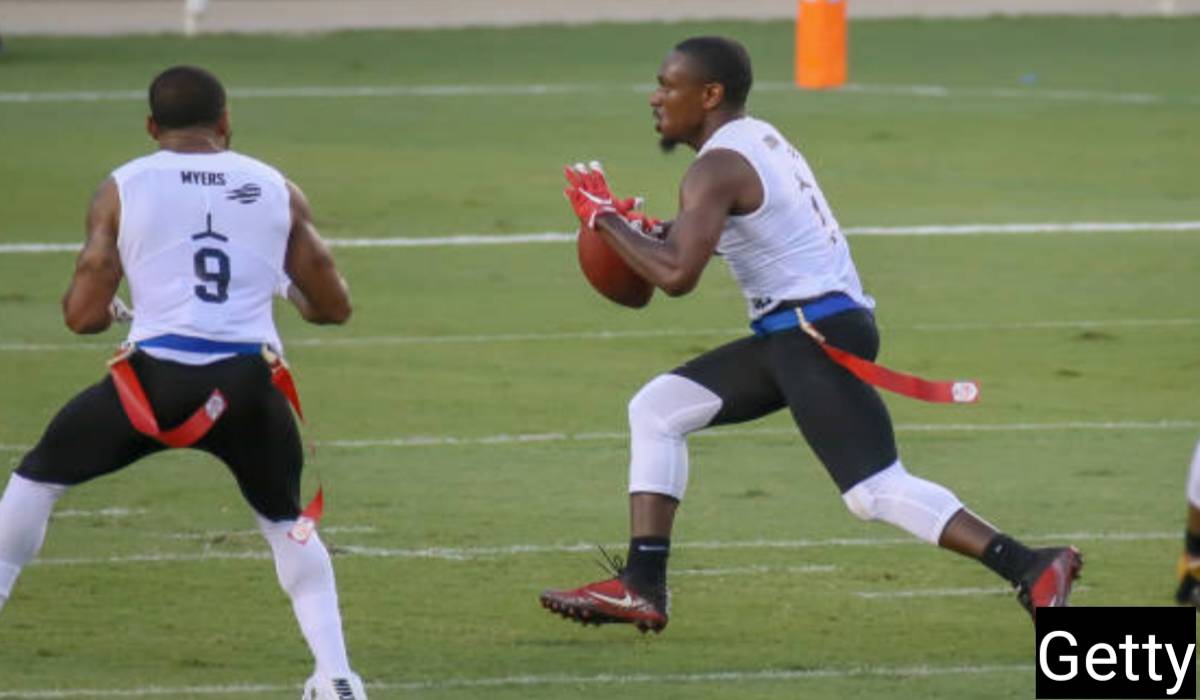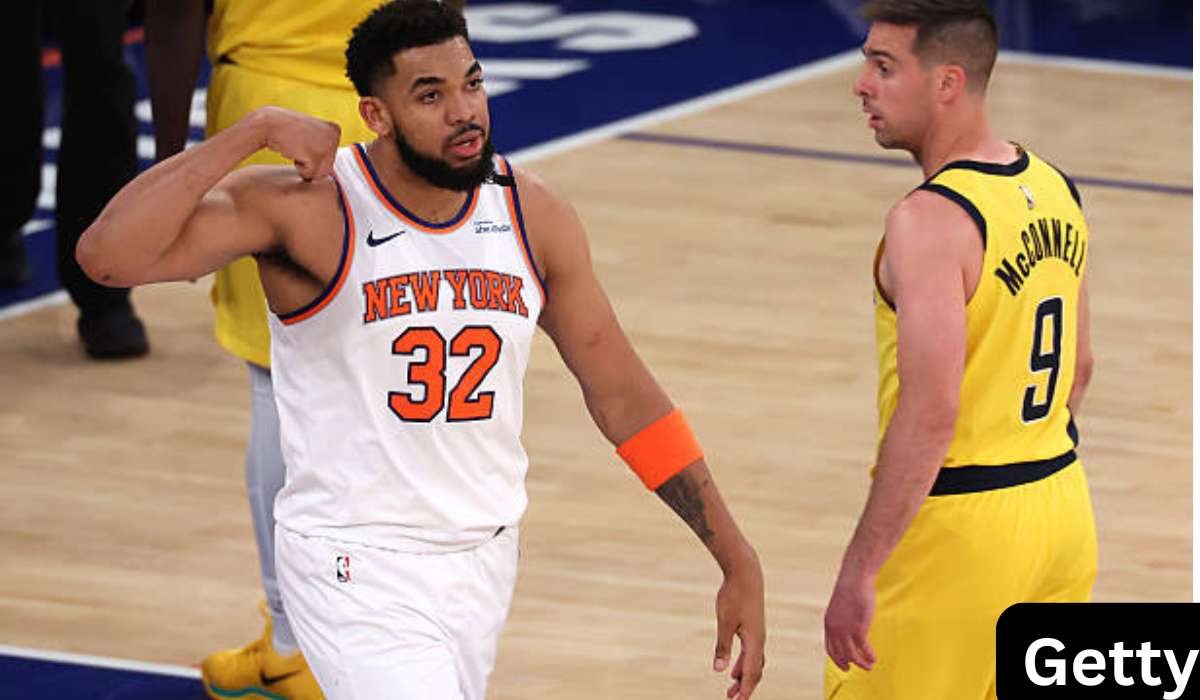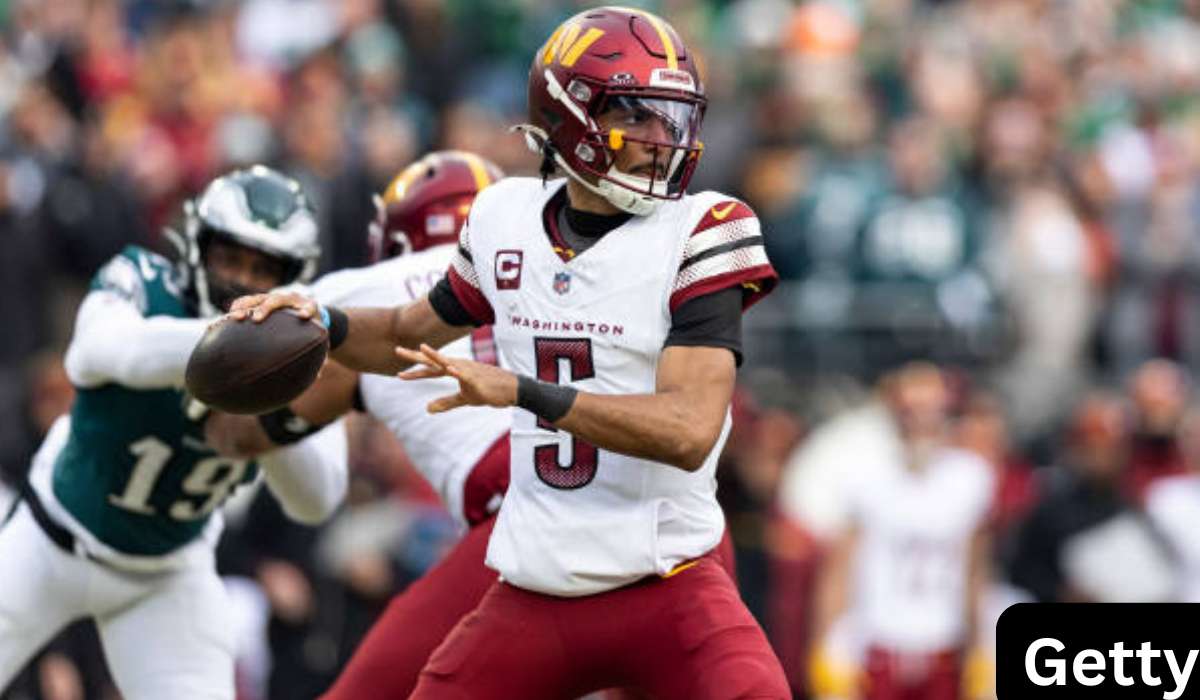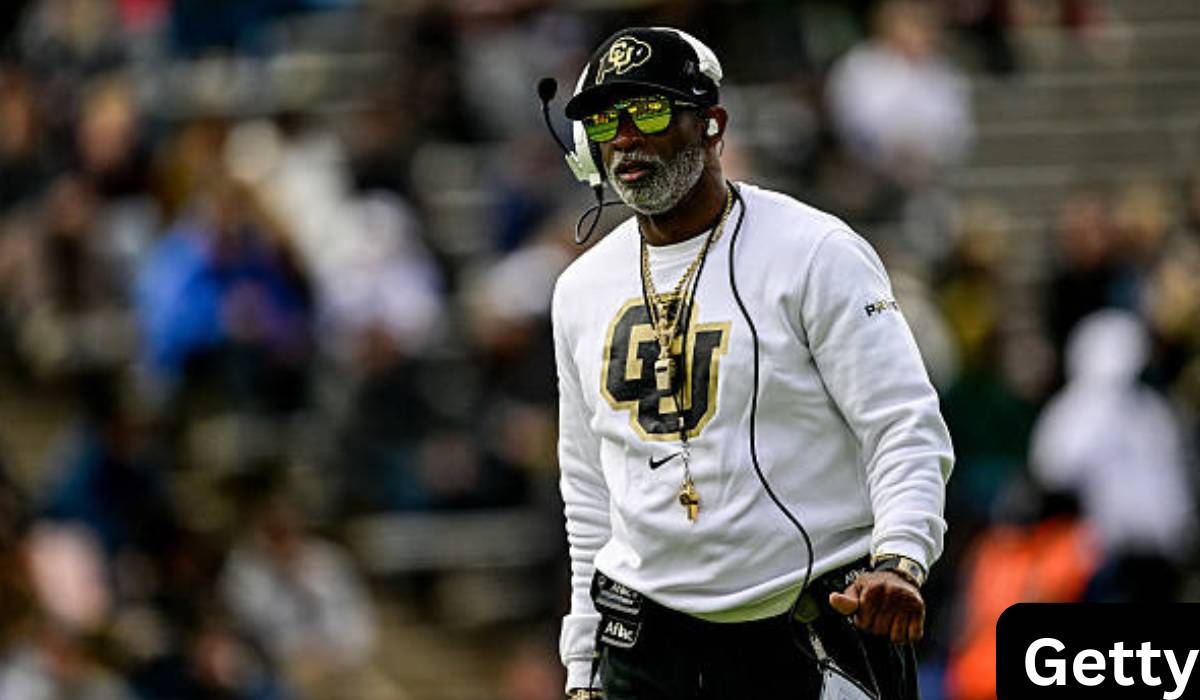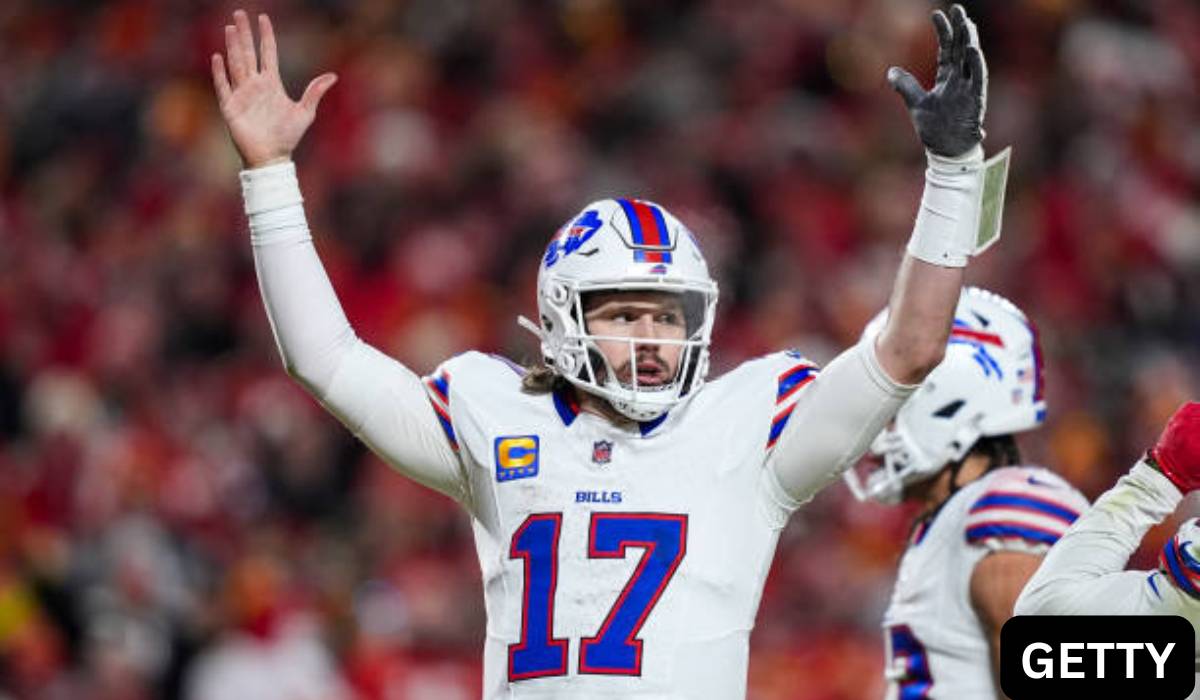Tyler Van Dyke’s unconventional college football journey raises big questions
Tyler Van Dyke probably had one of the most interesting college football careers of all football players around. The backup quarterback who spent some time with the Miami Hurricanes and Wisconsin Badgers teams is moving to SMU. Except what people are seeing isn’t simply where he’s headed next—it’s how often.
At 24 years old, Van Dyke is going to sit out in the next season but come back in the subsequent season, and be a seventh-year quarterback. They take it as an indication of his commitment in the game. For others, it raises a bigger question: When does it become too long to remain in college sports?
The current era of college football has been closely examined.
Football no longer looks the same as it used to look particularly at the college level. NIL deals make it possible for the players to stick around longer due to real incentives to stay with a team and remain eligible to play. Combine in medical redshirt status, transfer options, and COVID-19 related eligibility roll outs and it only makes perfect sense that more athletes are playing more years of college ball.
Van Dyke’s case is different in a sense. Since suffering a torn ACL in just his third game of the 2023 season, his career has been something of a ride. He is a man whose promise was a star at quarterback but injuries and inconsistent play have since changed that. Now he does not have to step down, instead, he decides to redo his career every chance he gets to continue playing the game he loves.
Is Seven Years Too Long?
But how long is too long? It has elicited discussion about the function of college athletes where Van Dyke is willing to begin likely playing as a 25-year-old quarterback. College isn’t med school – so don’t think it should take seven years for most people to pass through it. Well then why should an athlete be able to extend their eligibility that far?
On one side of the equation, detractors say that college football is this training ground and not a lifetime career. With players such as Van Dyke, who will not be attending NFL camp, such a question arises whether a player should hang up his cleats and move to the next stage in life.
On the other hand, many people think that athletes should have the rights to do optimal on the opportunities granted to them. Why could Van Dyke not stay if he could academically be allowed to participate, contribute to the team, and cash in on the NIL deals? Those players need college football as not only their source of income but as the way they continue to pursue their dream they had once when they were in high school.
What’s Next for Van Dyke?
For Tyler Van Dyke, the prospects are not easily predictable. He will have to brace up for a long period of injury, more specifically on his knee, ACL, and also demonstrate to the world that he is still capable of playing in the field. It will not be that simple to perform but his decision illustrates just how passionate he is about the game.
Still, his story makes us think: What is success in college sports: Is it about waiting for the tangible gains or is it about having as much fun as you can until you can’t anymore?
The Bigger Picture
Van Dyke transition substantiates development of the college athletics. NIL deals and extended eligibility have kept more athletes like him in college than ever before, and for longer too. Now while that may sound like a surprise, it should also be a good indication that no one athlete is exactly the same.
Overall, One man’s journey is much more than football – it is perseverance, he believed in himself, and discovered what he loved. Whether or not his playing days culminate in a trophy or a touchdown, he’s getting the most out of the time he was given. And maybe that’s what college sports are really all about.



